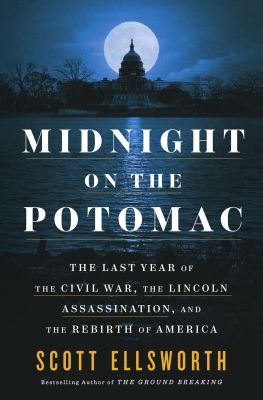Told with a page-turning pace and eye-opening cast of characters, Ellsworth sets out to correct a pivotal moment of American history that we have gotten completely wrong-until now. Jam-packed with fresh, revelatory evidence, Ellsworth's research strongly infers that by the time that the house lights dimmed inside of Ford's Theatre on the evening of April 14th, 1865, Booth had been working alongside, if not in direct concert with, the Confederate Secret Service for nearly a year. Historians have long ignored that during the last ten months of the Civil War, the Confederacy launched a desperate, audacious war of terror against the north. In the North, Rebels attempted to derail trains, set buildings on fire, spread smallpox, and undermined public support for the Union army. Instead, history books and schools teach that John Wilkes Booth acted alone, was admired by neither side, and was a second-rate actor. This couldn't have been further from the truth: Booth was charming, a world-famous performer, and-most importantly-an ardent supporter of the Confederacy. In the sweltering summer heat of 1864, President Abraham Lincoln had a front-row view of the Civil War, as he dodged firing bullets from the approaching Confederate army at Fort Stevens. It was the first time in American history that a sitting president would come under enemy fire, but the history books would put a far greater focus on his assassination just eight months later. In Midnight on the Potomac, Scott Ellsworth rewrites history, arguing that the two events were in fact connected and that Lincolns' assassination was likely ordered by leaders of the Confederate Army.

